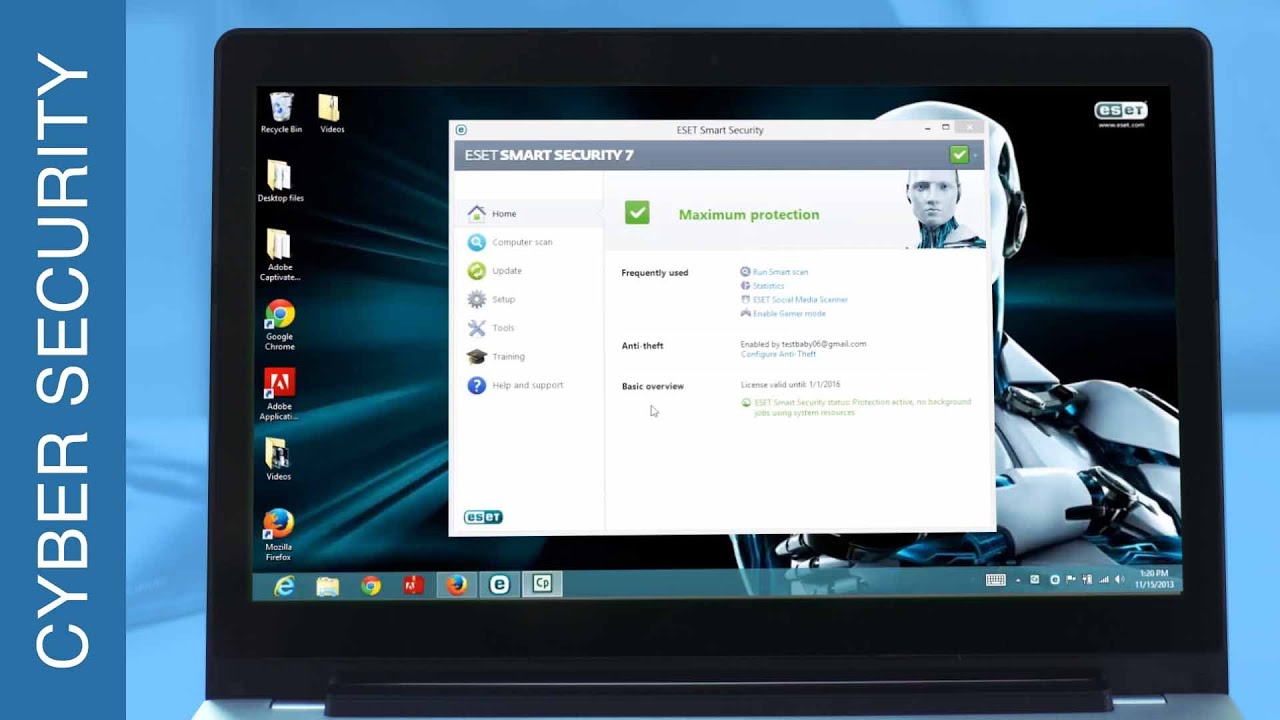Technologies that help you work from anywhere in the world
Fifty-one percent of EMEA teleworkers work from home just one day or less, with 68 percent in APAC and 58 percent in North America reporting the same.
According to a Global Workplace Analytics survey, Cost and Benefits: Advantages of Telecommuting for Companies, nearly six out of ten employers identify cost savings as a significant benefit to having telecommuting programs. Real estate costs alone can make up the majority of a business’s annual overhead costs. The average real estate savings if a business employed full-time teleworkers? $10,000 per employee per year; add in reduction of utility costs and that number increases to $11,000, or $700 billion per year in the U.S. if employees worked from home just part-time.
But more than that, more and more people decide to work out-of-home while travelling and experiencing other activities, by becoming digital nomads or simply working remotely for a longer period of time. Their new lifestyle is helped and allowed by the new technologies available. Some of them are:
Videoconferencing
Live video feeds help out-of-office workers see and speak to one another in real time, anywhere they are, which is the next best thing to a face-to-face meeting. And that being possible due to the fast internet broadband available in may places around the world, the increased number of places offering free wifi. Moreover, “certain companies have even done away with renting a traditional office and instead run their business out of a shared co-working space to accommodate their largely remote workforce. Shared office spaces, where remote employees can gather to work, have been created and are more widely available in different cities. This in itself represents the growing amount of remote workers in recent years,” wrote BusinessNewsDaily.com.

Collaborative cloud software
Investing in them (you can find some inspiration here) , especially in the ones that work very well on mobile, will help improve the response and the remote work. Building a digital workplace gives your employees the tools they need to collaborate and work from anywhere, anytime and on any device and that’s the key to building productive modern teams that deliver business results.
Adapt to change faster and achieve objectives sooner with project management solutions, by bringing together work management, full reporting, visibility and an intuitive interface that anyone can use. Cloud-based project management software gives your workforce, customers and partners a better way to work together using real-time data, automated workflows and a user experience that lets them do their job the way they want to.
The best devices
From a good, thin and powerful laptop or notebook, to a smartphone, a power bank and an external hard-disk, those devices are probably the most important ones you will need to carry on with you almost all the time. “For long-term remote work, purchasing the latest laptop model is smart, as technical difficulties can be crippling when there’s limited access to an in-house IT specialist or nearby Apple Store,” advices mashable.com.
Moreover, “an international SIM card is more expensive, but potentially worth it if you’ll be traveling to multiple countries in a shorter time period. ChatSim, which supports all of your chat apps so you can stay connected from anywhere, is another alternative if you’re only interested in sending texts or instant messages. Carrying a separate global, unlocked MiFi device ensures a backup plan in the event of a weak Wi-Fi signal or public networks of questionable security. Other useful tools include: portable travel routers, Ethernet cables, and Google Voice, which is especially handy for keeping a U.S. phone number (NomadSMS is another similar service),”points out Stephanie Walden for mashable.
Privacy filters for laptops
Screen privacy filters are an easy way to keep snooping eyes from seeing what’s on your laptop monitor.
Moreover, here are some tools that can help you manage your business from anywhere in the world.
How to choose the best antivirus software for you – Part I
Every smart PC owner knows that one of the most important features he / she needs for their computer / laptop is a good antivirus software. But how do you know which one is the right one for you? The answer may be a complex one, since PC users have many different levels of security needs. According to Norton’s website, if you plan to use the Internet sparingly, you’ll have different needs than someone looking for the best computer antivirus software for gaming. And those who do all of their banking online may have different needs than those who need child protection filters. And those who stay up to date on the most current security threats can use different tools than someone who is rather likely to fall for them.
Many different companies claim to have the best PC antivirus software out there, making things even more complicated. Most PCs begin their life with a certain security program installed, and customers must pay to continue the service. One thing is completely clear: A PC user should not go without using an antivirus program.
According to lifewire.com, the first step you should take is narrow your options based on the operating system you use. If you’re planning to upgrade in the near future (or downgrade), take that into consideration as well “Second, assess how you use your computer. Are you a heavy Web surfer? A gamer? Have an older computer? How you use your computer will dictate the level of protection you need. For example, a gamer will appreciate antivirus software that recognizes when games or media are being played and suppresses any non-essential alerts or activities. Someone with an older computer will likely need to be concerned with system impact and performance, as well as facing the added challenge of finding antivirus that supports the older operating system,” Mary Landersman.
The choice of the Best Antivirus depends on the personal needs and preferences of the particular user. Some antiviruses exceed at being fast and efficient, those are well suited for laptops and older computers. Some are easy to manage, those are well suited for new users. Some have lots of additional features like secure payment processing, browser protection etc. and some have a very good value to price rating. You can think about getting a free or a paid version.
One can understand why you would choose a free version, but a paid version is easier to install, doesn’t have advertisements attached to it, updates simultaneously, automatically using the latest virus information and offers additional features such as parental controls. Paid virus protection systems often include useful extras such as backup and recovery tools, useful if your PC crashes, and performance enhancement utilities that ensure that your laptop or PC are running at their most efficient. There is also the advantage of high quality customer support and technical back-up, often lacking in free software versions.
Coming back to the steps you need to take, lifewire.com, says that after narrowing down the list to those that meet your operating system and usage needs, you should check the major certification and testing agencies to see how the antivirus scanners fare. Agencies include VB100%, Checkmark, ICSA Labs, AV-Test, AV-Comparatives, and NSS Labs. Any antivirus scanner worth consideration should be listed by most of these antivirus testing agencies. “Fourth: detection, detection, detection. While you’re checking for certification, be sure to check out the test scores. Pick the antivirus software that consistently delivers the highest detection and proactive protection scores. After all, this is the only reason you’re getting antivirus software – to prevent and detect viruses. Fifth: last but not least, evaluate. Narrow the selection down to 2 or maybe 3 antivirus scanners, then proceed to test each one,” concluded Mary Landersman, for the website.
Other questions you should ask yourself first are: Does this software update automatically or scan in real time?, Does this software come with other features?, Can your computer support the security software?, Is the software rated or recognized by major publications or sites?, Do you visit spammy sites (such as gaming sites), or do you practice safe surfing?, Do you update your computer frequently? Norton Antivirus tries to help you answer some of those questions and explains why they are important here.
Moving on, you should pay attention to the features you want your antivirus to contain:
Ransomware protection: Some antiviruses come with ransomware protection. You select some files and documents to protect in case of a ransomware attack. Afterwards, the ransomware won’t be able to encrypt the blocked files.
File shredder: The standard “Delete” + “Clear Recycle Bin” won’t actually delete a file from your hard drive. It will just make it invisible for you to see. But these files can be recovered with a specialized program. In normal circumstances, these invisible files disappear only after being pushed out of their memory block by a new ones. But file shredders destroy them completely and leave no trace of them on your hard drive.
Firewall: Some AV’s can filter and scan your internet traffic to detect incoming threats before they reach your device.
DNS Protection, Password Managers, System Optimization, Phishing protection, Antispam, Browser protection.
End of Part I


